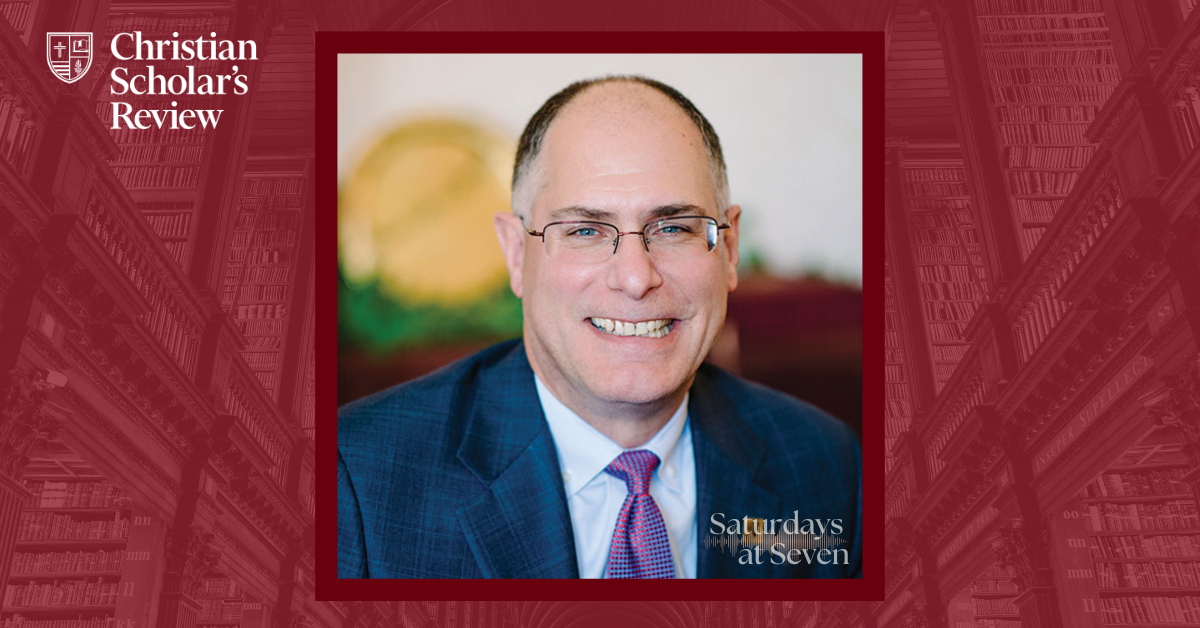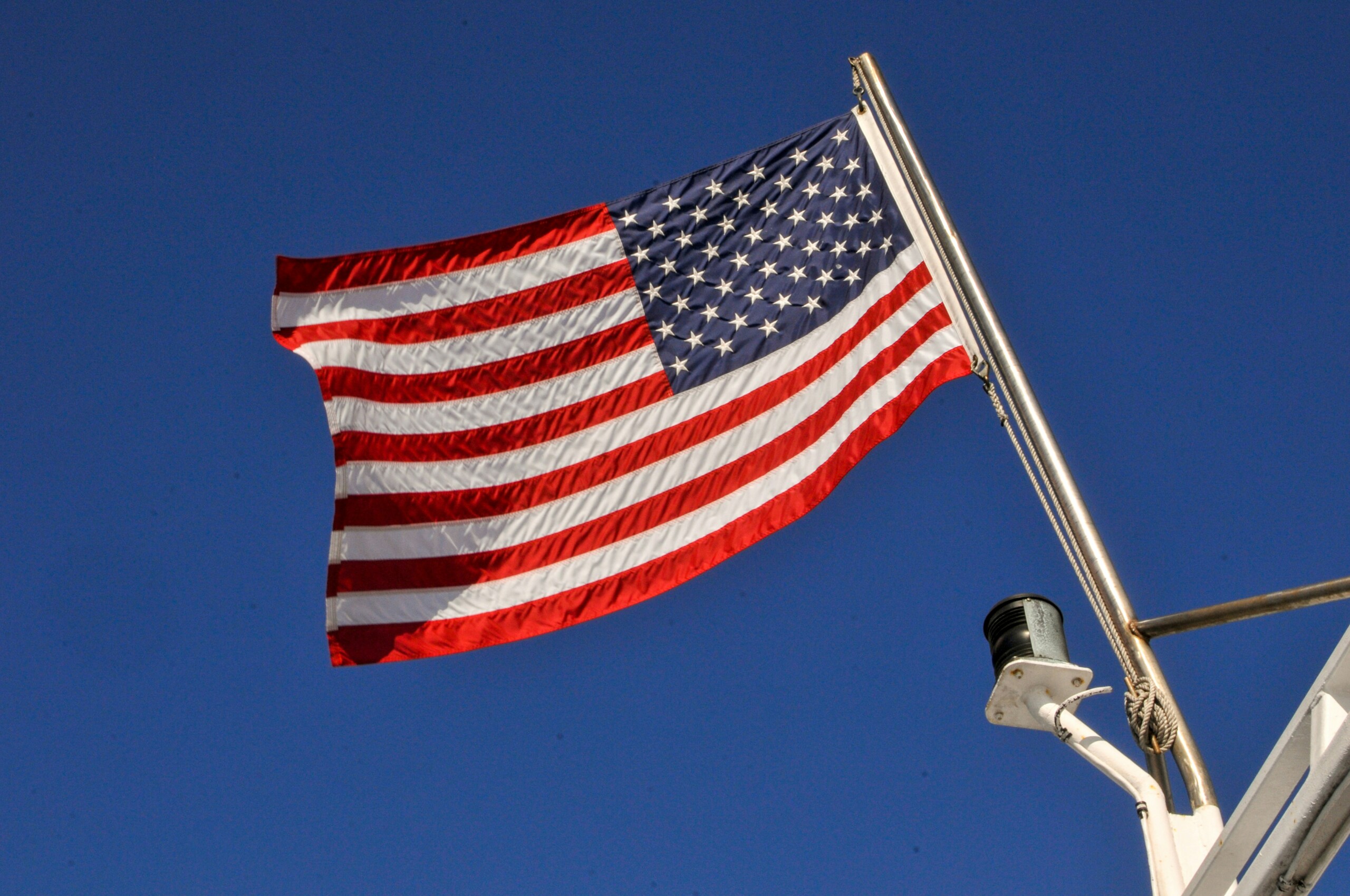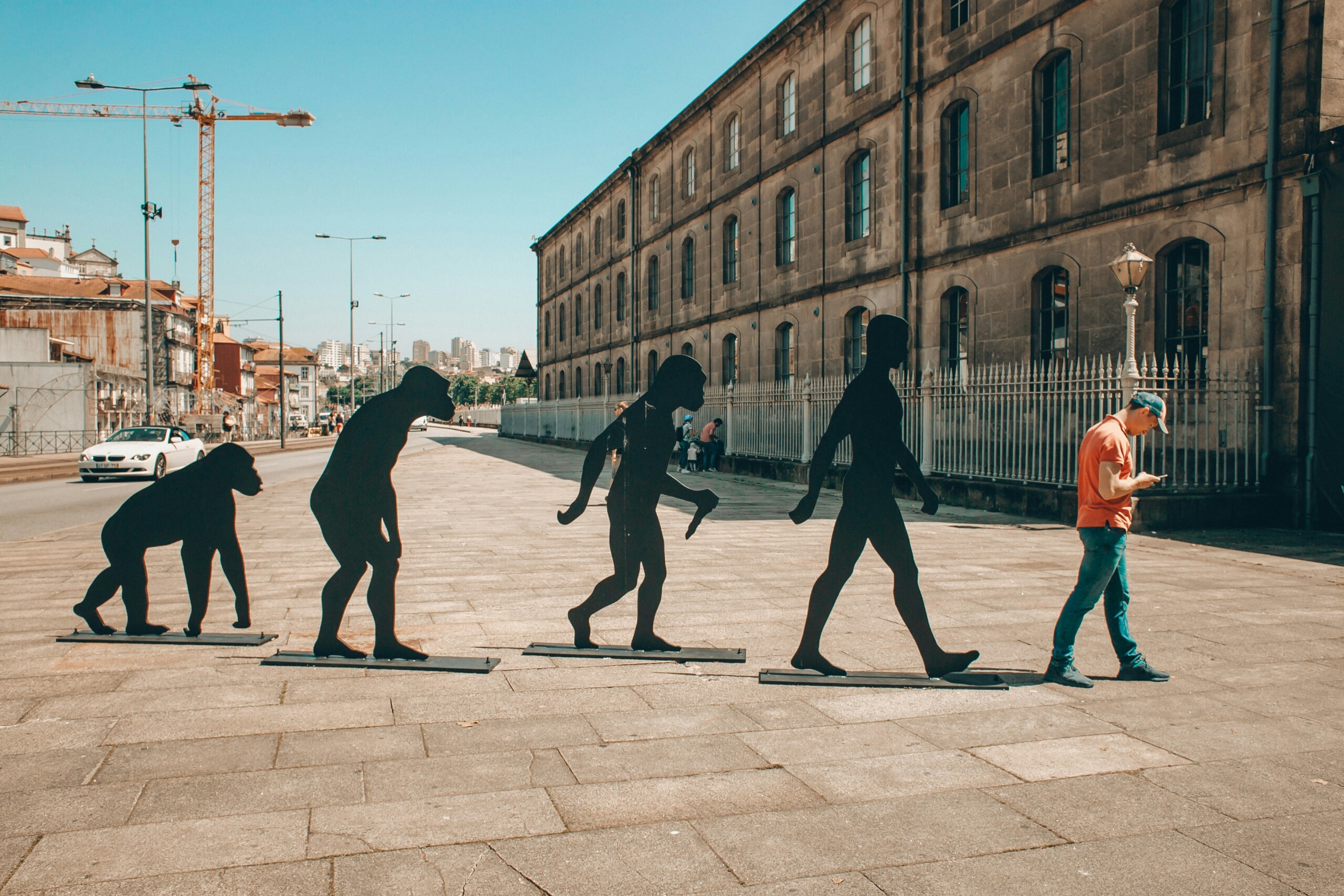
In the forty-fourth episode of the second season of the “Saturdays at Seven” conversation series, Todd Ream talks with Eric F. Spina, President of the University of Dayton. Spina begins by sharing details concerning how he and his colleagues are reinvesting in the city of Dayton, including the development of a business incubator and a multiuse community. He goes on to articulate how such investments not only make wise sense for the recruitment and retention of faculty, staff, and students, but more importantly how such efforts express the Catholic and Marianist commitments to the common good. Spina then discusses his own formation as an educator and the influence offered by his parents, teachers and coaches at Buffalo’s Canisius High School, and his graduate advisor at Princeton University. Spina originally had no interests in an administrative career as he was vocationally content to serve his students and his discipline as an engineer during his 28-year career at Syracuse University. The decisions he made to serve as a department chair, a dean, and provost were a result of leadership he became persuaded he could offer. While Spina also initially had no interest in pursuing service as the president at Dayton, he became compelled by the possibility due to the university’s mission and meeting the people who seek to bring that mission to life each day. He then offers details concerning the conclusion of Dayton’s current campaign as well as his aspirations for the university in the years to come. Spina concludes by explaining how he understands the qualities and characteristics that inform the academic vocation as expressed at Dayton.

















